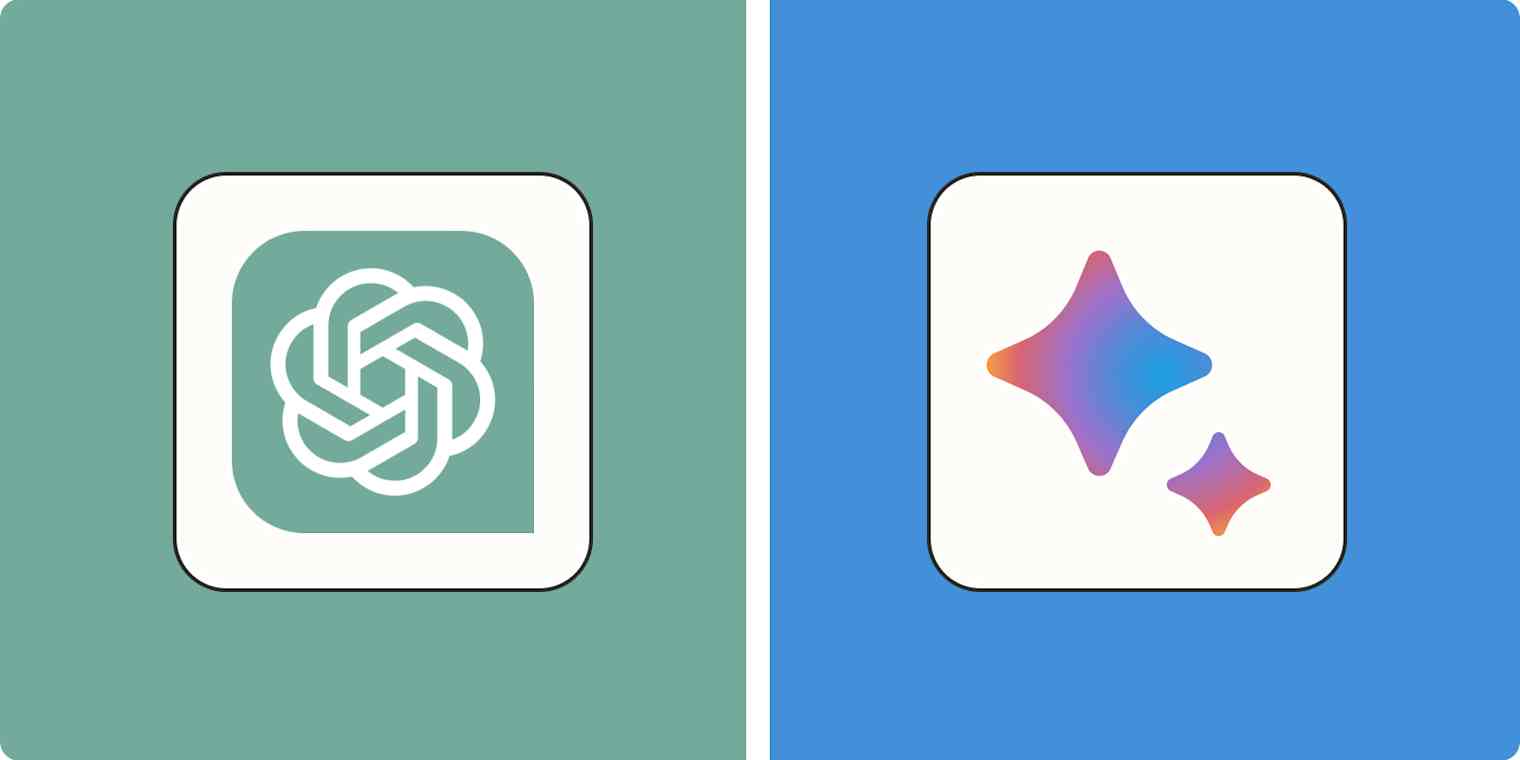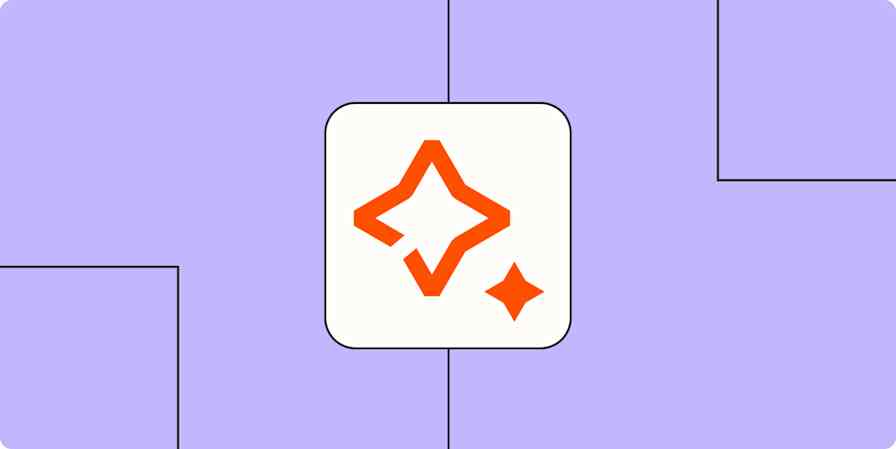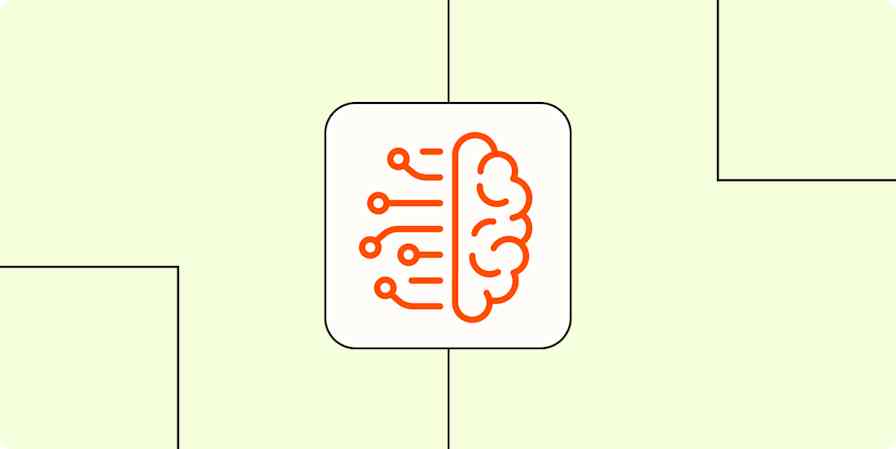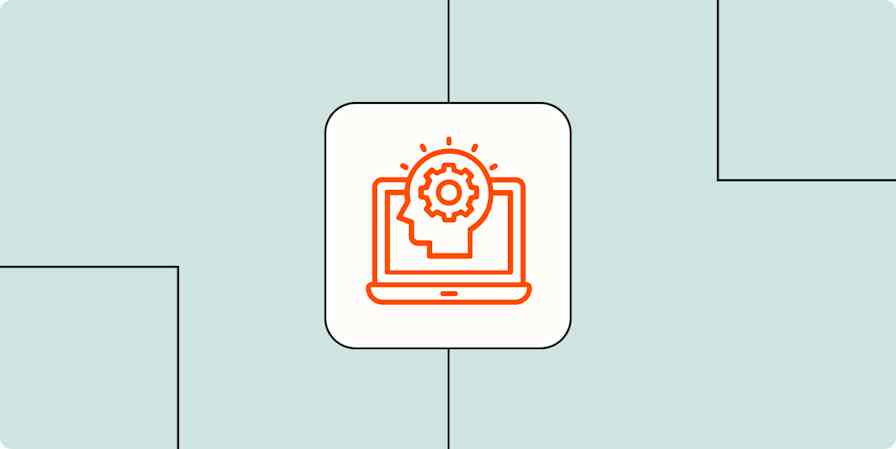When AI chatbots first came on the scene, and everyone was racing to release good-enough-first-version AI chatbots of their own, it was easy to draw comparisons between apps like Gemini vs. ChatGPT. But as Google and OpenAI continued to add new features, models, and ways to access their chatbots, the differences became less obvious.
Now, both apps offer much of the same functionality you'd expect from any top-of-the-line AI chatbot: answer questions, search the web, translate across languages, understand audio, and generate images. So what's different, and which should you use?
I've spent countless hours testing both Gemini and ChatGPT, and here, I'll show you how they stack up.
Table of contents:
Both are powered by state-of-the-art AI models, but each has its own strengths
Gemini is deeply rooted in the Google ecosystem, while ChatGPT offers broader integrations
Both let you build custom chatbots, but ChatGPT offers more advanced features
Both apps are priced similarly, but Gemini gives you more for free
Gemini vs. ChatGPT at a glance
The gap that separates Gemini and ChatGPT is narrowing, but they still differ in a few important ways. Here's a quick breakdown of how they compare, but read on for more details.
ChatGPT | Gemini | |
|---|---|---|
Creators | OpenAI | |
Models | GPT-4o mini (available for free); GPT-4o, o3, and o4-mini | Gemini 2.5 Flash (available for free); Gemini 2.5 Pro (limited free availability) |
Context window | 128,000 tokens | Up to 1 million tokens |
Supported languages | Over 50 | Over 40 |
Real-time web search | Yes (powered by Bing) | Yes (powered by Google) |
Video generation | Yes (Sora) | Yes (Veo) |
Image generation | Yes (GPT-4o) | Yes (Imagen 4) |
Memory | Automatic memory; saves preferences from conversations | Manual memory |
Voice mode | Yes (cross-platform) | Yes (only mobile) |
Custom chatbots | Yes, for paid users; can incorporate image generation and code execution | Yes, for all users; links seamlessly with Google apps; no image generation |
Platforms | Web, mobile, and desktop | Web and mobile |
Pricing | Free; ChatGPT Plus is available for $20/month; ChatGPT Pro gives much more access for $200/month | Free; Gemini AI Pro is available for $19.99/month; Google AI Ultra offers expanded access for $249.99/month; Google Workspace users get Gemini included |
Gemini vs. ChatGPT: What's not different?
Before we get into the differences between Gemini vs. ChatGPT, here's a quick rundown of what's not different.
Ability to process text, image, and audio inputs. Since ChatGPT and Gemini are both powered by multimodal AI models, they can process and output different "modalities"—like text, image, and audio. The last modality is particularly interesting because it's what allows users to have real-time, back-and-forth conversations with the chatbots. You can have live chats with ChatGPT across all devices, whereas Gemini currently lets you do this only on the mobile app.
Logical reasoning. Gemini's 2.5 Pro and ChatGPT's o3 and o4-mini models all use chain-of-thought reasoning, which makes them powerful at tasks like decoding a cipher text, solving a crossword, and correctly answering math and English questions.
Data analysis. ChatGPT and Gemini can analyze data and provide summaries, feedback, and insights about it. They can also turn your data into graphs and different visualizations.
Web searches. Both apps can search the web for real-time data to inform their responses. ChatGPT search is powered by Microsoft Bing; Gemini is, of course, powered by Google Search.
Deep research. If you're looking for in-depth answers, you'll find a deep research button in both apps. ChatGPT's deep research reports tend to be more thorough, but Gemini's 2.5 Pro model makes it a solid choice too.
Canvas. Both ChatGPT and Gemini offer a Canvas feature allowing you to edit and revise long-form content and create code. You can also preview the output of your code within each app.
Supported devices. ChatGPT and Gemini are supported on web and mobile apps. But with Gemini, how you access the chatbot on different devices is less straightforward than with ChatGPT. ChatGPT also offers a desktop app, while Gemini doesn't (for now).
Data management. Both chatbots offer similar controls for managing your data. You can turn memories on or off, delete conversations after the fact, and have conversations that don't appear in your conversation history (these are called "temporary chats" in ChatGPT; a similar feature is under development for Gemini). Both apps will also keep your deleted or temporary conversations for set periods. The only real data management difference is that ChatGPT allows you to archive conversations—you can't with Gemini.
Conversation sharing. ChatGPT and Gemini allow you to share your conversations with others. ChatGPT used to block you from sharing chats that contained images, but in my latest tests, you can share them without an issue.
Both are powered by state-of-the-art AI models, but each has its own strengths
ChatGPT and Gemini are powered by state-of-the-art, multimodal AI models that can do almost anything. ChatGPT is powered by two families of models: GPT-4o and o3/o4; Google Gemini, the chatbot, is powered by—wait for it—Google Gemini. Each model contributes to ChatGPT and Gemini's unique strengths.
Context windows. ChatGPT's context window is significantly smaller than Gemini's: 128,000 tokens versus one million, respectively. Some users won't notice the difference, but if you're dealing with large documents or analyzing code, you'll probably hit ChatGPT's limit.
Image generation. Both apps let you generate AI images. ChatGPT uses GPT-4o, while Gemini uses a newer text-to-image generator, Imagen 4. If generating images is important to you, ChatGPT limits the number of images you can create with a free account, whereas Gemini sets no such limits.
Video. ChatGPT Plus users can generate videos through Sora, and paid Gemini users can create videos with Veo. The difference is that Veo 3 currently offers higher quality output and includes audio. You can also generate videos right from the Gemini app, whereas ChatGPT users need to access Sora separately.
Memory. Both apps have a memory bank, but they work differently. ChatGPT's memory functionality is turned on by default for all ChatGPT Plus accounts and automatically picks up on the details and preferences shared in your chat to tailor its responses. With Google Gemini, you need to manually add memories in your settings, making it operate more like ChatGPT's custom instructions.
File conversion. ChatGPT can convert files from one format to another—for example, you can turn an article into a presentation (and vice versa). Gemini doesn't offer this functionality (yet).
There are lots of little quirks like this that separate the apps, but you won't really know which ones matter to you until you start using them. This is also why some folks (like me) use both.
Gemini is deeply rooted in the Google ecosystem, while ChatGPT offers broader integrations
As you can imagine, Gemini is deeply integrated into the Google ecosystem. Without leaving your chat, you can ask Gemini to retrieve real-time information from other Google apps, including Gmail, Drive, Maps, Flights, Hotels, and YouTube. Just type @[name of the app you want to look in] and then enter your prompt.

In practice, this means you can do things like:
Ask Gemini to pull details from an email thread in Gmail
Share a link to a file stored in Google Drive or output the contents of that file directly in your conversation
Export a Gemini response to Google Docs, Gmail, or Google Keep
Plan your travel—including flights, driving routes, and accommodations—for an upcoming trip
If you ask Gemini to reference Gmail or Drive, for example, it'll pull not only details from the referenced email or file, but also clickable links to them if you want to dig a little deeper.

ChatGPT does integrate with Google Drive, so it can read Docs, Sheets, and the like. But you'll have to first connect your Google account and tell it exactly which file to look at—and it still can't access your email.

Instead, ChatGPT lets you pull pre-made or custom-made chatbots (called GPTs) into your ChatGPT conversation by entering @[GPT name] followed by your prompt in the message bar. It's a different kind of integration than Gemini's with Google, but it's easy to toggle between chatbots and get the right kind of AI-powered support for the occasion. For more direct connections to other apps, ChatGPT's free plan integrates with Google Drive and Microsoft OneDrive, and ChatGPT Plus connects with around a dozen popular apps like Dropbox, Canva, Box, GitHub, Hubspot, and Teams.
Both Gemini and ChatGPT integrate with thousands of apps via Zapier, which means you can connect them to all the tools you use most and build fully automated, AI-powered systems for your work. Learn more about how to automate Gemini (using Zapier's Google AI Studio integration) or how to automate ChatGPT, so you can bring the power of AI into every app you use. Or you can get started with one of these pre-made workflows.
Send prompts to ChatGPT for Google Forms responses and add the ChatGPT response to a Google Sheet
Create email copy with ChatGPT from new Gmail emails and save as drafts in Gmail
Generate draft responses to new Gmail emails with Google AI Studio (Gemini)
Create a Slack assistant with Google AI Studio (Gemini)
Respond to Google My Business Reviews with Google AI Studio (Gemini)
Zapier is the most connected AI orchestration platform—integrating with thousands of apps from partners like Google, Salesforce, and Microsoft. Use interfaces, data tables, and logic to build secure, automated, AI-powered systems for your business-critical workflows across your organization's technology stack. Learn more.
Both apps let you build custom chatbots, but ChatGPT offers more advanced features
If you're a Plus or Enterprise user, OpenAI allows you to build custom chatbots (GPTs)—and there are no limits to how many GPTs you can build. All you have to do is tell the GPT builder, in plain English, what you want to create, and the builder will take it from there.
Custom GPTs can browse the web, generate images, and run code. You can also upload knowledge files—for example, writing style guides or help docs—directly to your GPT builder to inform your GPT's responses.
Here's an example of a GPT I created by simply prompting the GPT builder to create a chatbot that shares only fun facts about otters.

Google has a similar feature called Gemini Gems, and it's available to all Gemini users—even if you're on the free plan. It's not quite as hands-off as ChatGPT, since you need to write instructions and name your Gem yourself rather than having a bot handle it for you.
Still, the process is the same: write down what you want to build, and Gemini will take care of the rest. With a couple of sentences, I created a Gem that connects to Google Maps to tell you which zoos are closest to your location.

Unlike GPTs, you can't use Gems to generate AI images or interact with Gems using Gemini Live (voice mode). If those features are important to you in a custom chatbot, stick with ChatGPT.
Both apps are priced similarly, but Gemini offers more for free
OpenAI charges $20/month for ChatGPT Plus and Google charges $19.99/month for Gemini AI Pro. With a mere penny separating the paid versions of each service, you might assume there's not much to discuss here. But with multiple tiers—free, paid, team, and premium—it's worth doing a quick breakdown.
ChatGPT is relatively uncomplicated: in addition to the $20/month Plus plan, there's a $200/month Pro plan that offers unlimited access to many models, extended access to deep research and Sora video generation, and access to research previews of newer features like Operator. If you want your team to be able to work together on ChatGPT, you can buy a Team plan for $30/month/user.
Google offers two paths to access paid Gemini features. If you use a personal Google account, you can upgrade to Google AI Pro for $19.99/month or—if you want to ensure you almost never run into usage caps—you can subscribe to Google AI Ultra for $249.99/month. If you have a Google Workspace account, Gemini is included, though the Standard and Plus plans get you more access than the entry-level Starter plan.
You can't go wrong with either app as a free user, but it's worth pointing out that Gemini tends to be more generous about adding features to its free plan than ChatGPT. Gemini's free plan includes Gems (custom GPTs), unlimited voice mode, and access to the latest models, all of which you'd need to pay for with ChatGPT.
Gemini vs. ChatGPT: Which is better?
If you're still wondering what the differences are between Gemini and ChatGPT, the truth is—not much. But that answer probably doesn't do much for you if you're deciding which one to use.
Here's my recommendation: If you live in Google, use Gemini. Otherwise, ChatGPT is still the best option for most people.
There are some edge cases, of course. If you deal with large documents and depend on a large context window, Gemini might be a better fit; Gemini is also better for video enthusiasts given its Veo integration.
Related reading:
This article was originally published in March 2023 by Elena Alston and has also had contributions from Jessica Lau. The most recent update was in July 2025.









